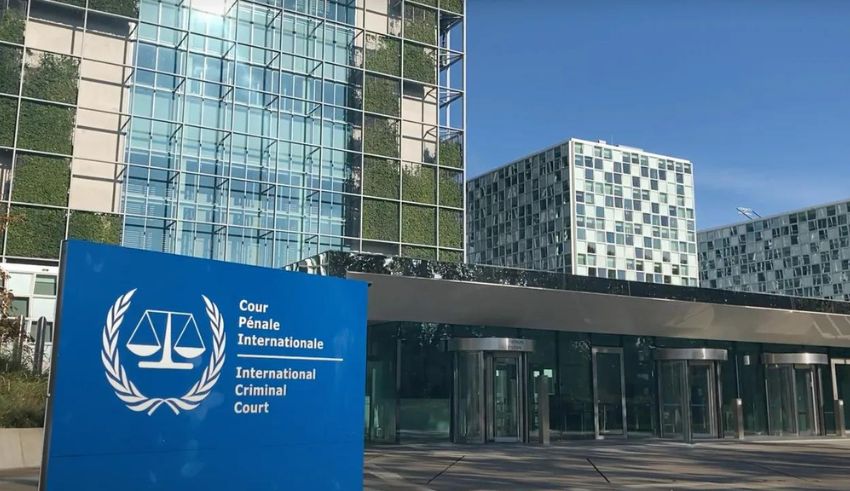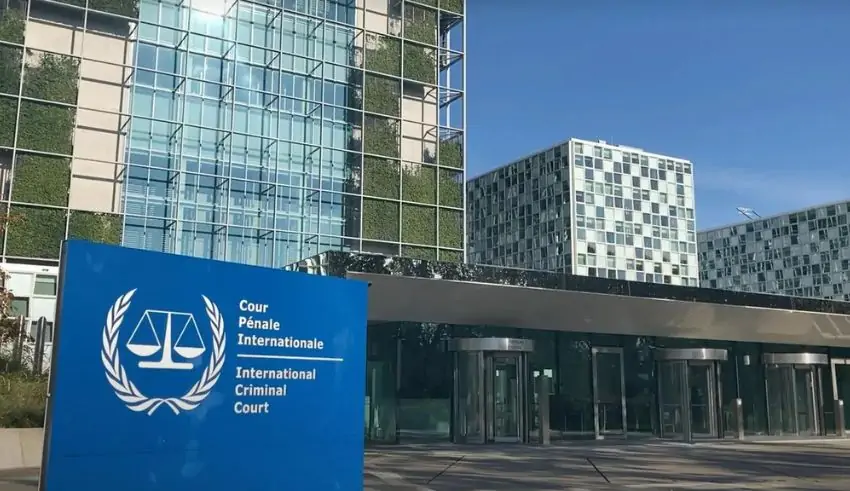

(C) Rappler
The Philippine government has reiterated its refusal to cooperate with the International Criminal Court (ICC), which has resumed its investigation into the alleged crimes against humanity committed during the former president Rodrigo Duterte’s “war on drugs”.
The government has claimed that the ICC has no jurisdiction over the Philippines, and that the investigation is an interference and an attack on the country’s sovereignty. The government’s stance has implications for the future of the ICC, which faces challenges and criticisms from other countries and actors.
The ICC is an international tribunal based in The Hague, Netherlands, that has the power to prosecute individuals for genocide, crimes against humanity, war crimes, and crimes of aggression. The ICC was established by the Rome Statute, a treaty that entered into force in 2002, and has 123 member states as of 2021.
The ICC is investigating the Philippines for the alleged crimes against humanity committed during Duterte’s “war on drugs”, a violent campaign that began in 2016 and resulted in thousands of deaths, mostly of poor and marginalized people. The ICC’s former chief prosecutor Fatou Bensouda said in 2020 that there was a reasonable basis to believe that the Philippine authorities had killed, injured, and mistreated civilians in a widespread and systematic manner, and that the killings were part of a state policy.
The ICC’s investigation covers the period from November 2011 to March 2019, when the Philippines was a party to the Rome Statute. The Philippines withdrew from the treaty in 2019, after Duterte announced his decision in 2018, following the ICC’s announcement of its preliminary examination into the “war on drugs”. However, the ICC has maintained that it retains jurisdiction over the crimes that occurred while the Philippines was a member state.
The Philippine government has refused to cooperate with the ICC, and has denied the court’s jurisdiction and legitimacy. The government has argued that the ICC has no authority to investigate the Philippines, since the country is no longer a party to the Rome Statute, and since the country’s domestic courts are capable and willing to prosecute the alleged crimes. The government has also accused the ICC of being biased and politicized, and of violating the principle of non-interference and the respect for the country’s sovereignty.
The government’s refusal to cooperate has consequences for both the Philippines and the ICC. For the Philippines, the refusal could result in the imposition of sanctions or other measures by the ICC or other countries or entities, such as travel bans, asset freezes, or diplomatic isolation. The refusal could also damage the country’s reputation and credibility as a democratic and law-abiding nation, and could undermine the trust and confidence of the international community and the Filipino people in the country’s justice system.
For the ICC, the refusal could pose a challenge and a setback for its investigation and prosecution, as it could limit its access to evidence, witnesses, and suspects. The refusal could also weaken the court’s authority and effectiveness, and could embolden other countries or actors to defy or disregard the court’s decisions and actions. The refusal could also affect the court’s credibility and legitimacy, and could fuel the criticism and opposition that the court faces from other countries or actors, such as the United States, China, Russia, and some African and Asian states.
Cricket fans, rejoice! The Olympic Council of Asia (OCA) has confirmed that cricket will be part of the 2026 Asian…
With economic growth fueled by families, Asia's stronghold will soon be on Bloomberg's list of Asia's richest families in the…
Malaysia has reached a historic milestone by ranking number one in the global Open Data Inventory (Odin) 2024/25, thanks to…
For Nogizaka46 fans, this May is going to offer a great opportunity to watch as their 6th Generation Members are…
The dual relationship between Malaysia and the Myanmar junta and National Unity Government (NUG) establishes a vital shift in how…
BLACKPINK's Lisa Declines to Perform at Miss Universe 2025 BLACKPINK's Lisa, who recently stole the limelight at the 2025 Coachella…
This website uses cookies.
Read More